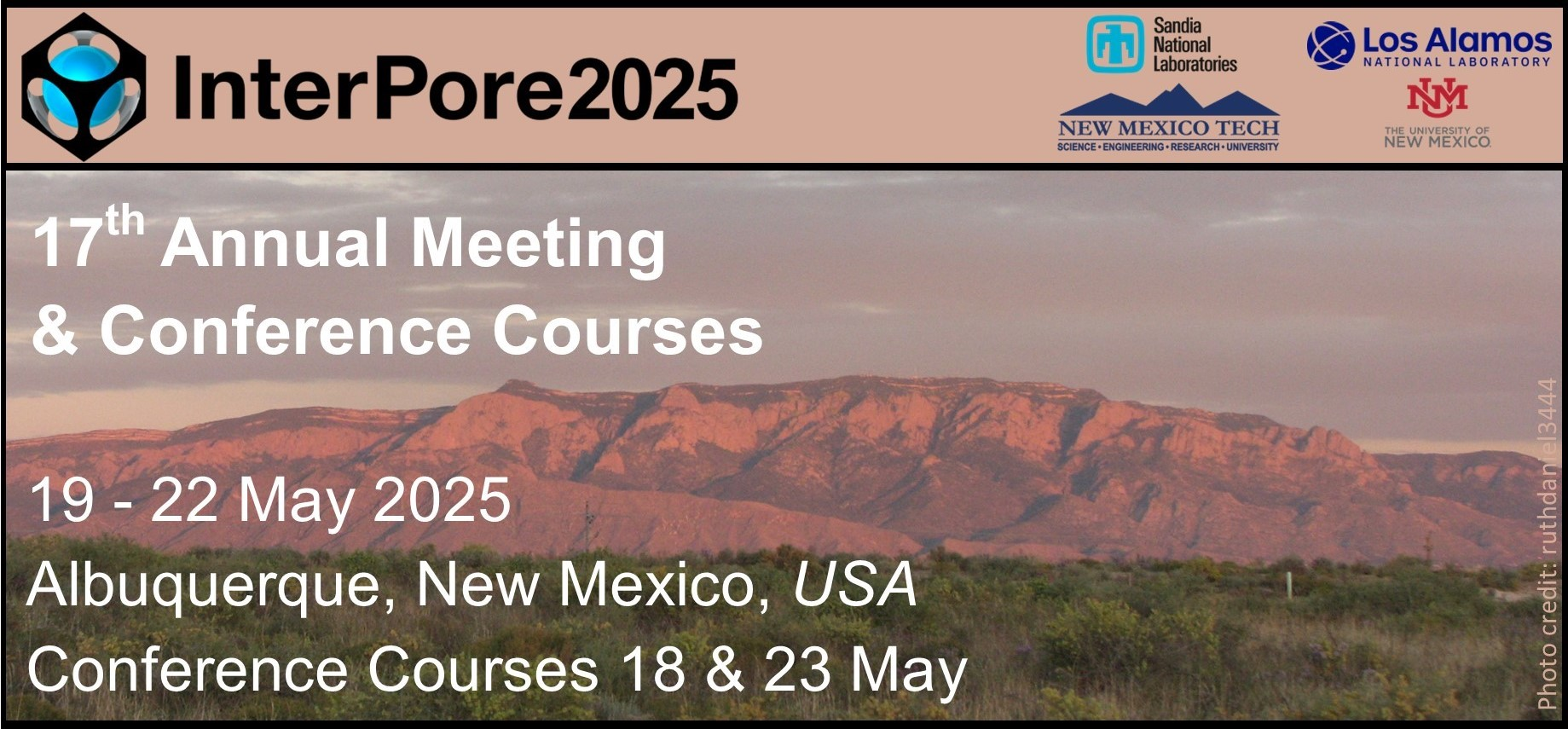Speaker
Description
Metal-organic frameworks (MOFs) have emerged as highly promising materials for CO2 capture, due to their tunable porosity, high surface area, and structural versatility. We report on the development of a suitable force field for a widely studied zirconium-based MOF, UiO-66, to explore its potential for direct capture of CO2. An accurate force field for the MOF is developed using machine learning interatomic potentials (MLIPs). Specifically, we use the Moment Tensor Potentials (MTPs), implemented through the MLIP package. An active learning approach is employed to iteratively refine the force field, ensuring robust and efficient predictions, while minimizing computational cost. The newly developed machine-learned force field enables molecular dynamics simulations of CO2 adsorption in UiO-66, providing insights into the adsorption capacity, structural stability, and host-guest interactions. The methodology not only captures the adsorption behavior with near DFT-level accuracy, but also highlights the importance of force field reliability in adsorption simulations. Future work will extend this framework to include adsorption selectivity studies and explore the impact of structural modifications on CO2 uptake.
| Country | the United States |
|---|---|
| Acceptance of the Terms & Conditions | Click here to agree |






